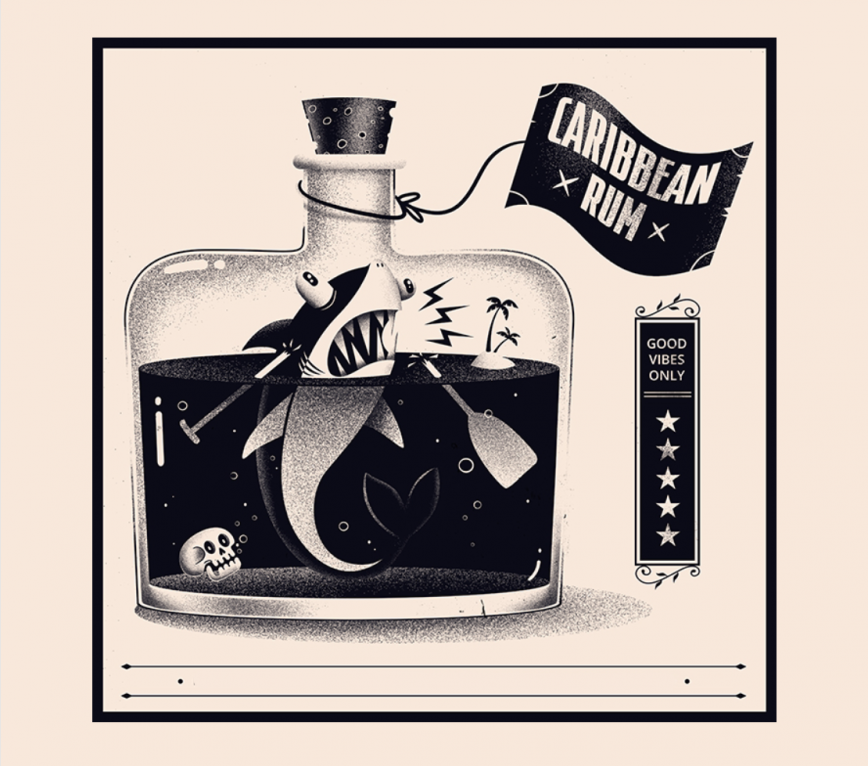Most innovations and early payment initiatives focus on post-shipment financing, i.e. when the seller has dispatched and billed the buyer.
There are so many tools and techniques to finance “approved” invoices today-from auctions and pcards to dynamic discounting and reverse factoring.
But when you look at PO financing, you suddenly find only a few really tangible financing sources.
Purchase order financing is a form of transactional financing and as such a short-term facility to cover an interim need.
On the risk side, financing purchase orders increases risks compared to funding approved invoices.
Let’s take a look back.
From an international transacting point of view, a letter of credit (L / C) was a popular instrument for handling international trade, and is still sometimes used to obtain financing against raised LC’s depending on the issuing bank strength and the terms of the L/C.
The challenges arise once you start receiving orders from larger corporates, expecting to purchase on open credit or deposit only.
Varying levels of purchase orders and commitments have replaced traditional methods of securing and finding the capital to raise an L/C. Anywhere from a Non Cancellable PO which is almost as good as an L/C (but not quite because with an LC the credit is the issuing bank which usually has better credit than the end buyer). If you don’t have an L/C, you have to trust the buyer on what they commit to.
Even with domestic suppliers, Banks lack information on supplier performance – how will they get reliable information on credit and performance risk? Corporations are unwilling to share scorecard data like on time deliveries, cycle time for orders, % loss / damage / short / not saleable, etc. with funding providers.
This data is a strong indicator of proven vendor history on performance, ie, the ability to produce the product, at quality, and on time.
Then you must understand the production cycle – how long does it take to produce the goods, how many suppliers and sub contractors are involved, what is the labour component of production, etc. The longer the production cycle is, the greater the risks.
Purchase Order Transaction Risk
There is a reason PO financing can more expensive than a bank overdraft – there is more risk to manage. Some examples include:
- Can you verify the order (is it non Cancelable, a forecast) and also evaluate cancelation risk? Purchase Orders may be amended multiple times based on industry and good type. The changeable nature, lack of guarantee features and control elements like time for shipment make this a fluid document. Goods at this point have not been manufactured, matched to specification or quality inspected.
- How to verify the production cycle and control for quality?
- If the buyer does cancel, are there other outlets for the goods?
- Is there sufficient gross margin in the order?
- How to prevent the borrower from using the funds for other means (like that fancy BMW the owner would like to buy)
So without data to control for those risks, what can be done? Few firms actively provide PO Financing (eg. Stak Capital).
Doing so involves trying to control for the above risks. Lenders may use a combination of buyer references and also third parties to do physical inspections.
In addition, structuring these transactions can be complicated by having to work with other creditors. In short, there are reasons why this space is not filled with a plethora of lenders, it’s hard work and can be risky too!
. . .
We regularly share our thoughts on trade finance, lending, company culture, product strategy and design.
Stak works with clients that sell to some of the largest buyers in Australia & overseas.


